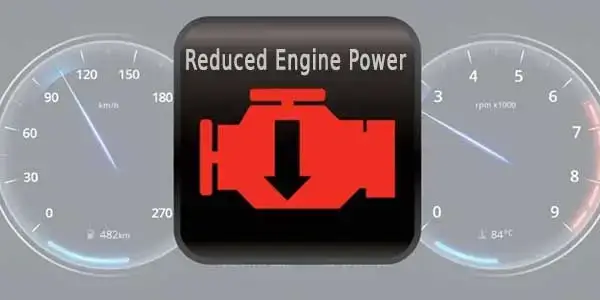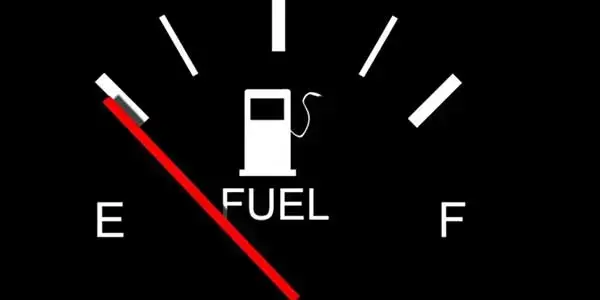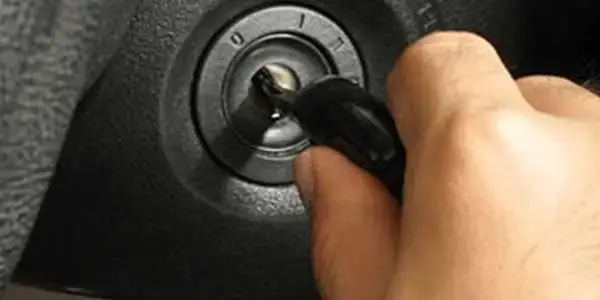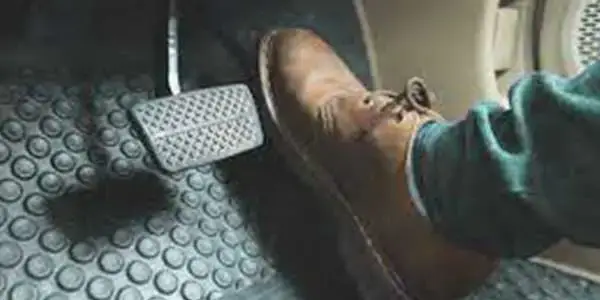Can bad spark plugs cause transmission Problems? Well that is a very good question to ask from experts, fortunately I did a lot of research on this particular issue and came up to a conclusion that it does affect indirectly, which could affect the performance of transmission to some extent.
Still not getting my point:
Let me explain with more clear understanding.
Bad spark plugs don’t directly contribute to transmission problems, they can misfire and reduce torque delivered to the transmission. This stops the gearbox from changing gears, which might make your vehicle operate restlessly and have less power.
So the point is it affects indirectly to a transmission, and we are here going to discuss the connection between spark plugs and transmission, sign of a bad spark plug and troubleshooting against bad spark plugs.
Connection between Sparks plugs Vs Transmission
If your car has an automatic gearbox, it may still use an engine vacuum to gauge the weight on the engine to establish shift points and speed. This implies that the transmission will change appropriately if the vacuum indications sent by the engine suggest that more power is needed. In this scenario, having defective spark plugs would undoubtedly impair the vacuum that the engine produces, which may result in shifting troubles or other performance issues with your car.
Also, a burned-out or damaged spark plug can impair an engine’s performance as well as its capacity to supply power to the gearbox. Modern automatic transmissions in cars depend on the engine’s torque to a certain extent while changing gears.
Yet, in most cases, spark plugs won’t be the primary cause of transmission issues. Although they may occasionally be involved, the gearbox itself or other elements, such as the torque converter, are more likely to be at fault.
To be honest, it’s highly unlikely that transmission issues will be the first thing you notice when your spark plugs develop a problem. In order to maintain your car running properly and prevent future costly repairs, it’s crucial to look for indicators of worn-out spark plugs and replace them as soon as you can. Regular maintenance will most often prevent any major problems from developing.
So here is a Complete Answer of Can Bad Spark Plugs Cause Transmission Problems
Signs of a Bad Spark Plug
Reduced Engine Performance

One of the most frequent signals of bad spark plugs is downgraded engine performance. However, worn- out spark plugs could be the culprit, if your engine isn’t running as fluently or efficiently as it used to. As sparks are essential for firing energy, a worn- out spark plug can lead to misfires, which can prompt a drop in performance. However, check your spark plugs first, if you feel any reduction in power or acceleration.
Poor Fuel Economy

The vehicle burns the appropriate quantity of gasoline for the required distance if and when the spark plugs function as predicted.
Less mileage per tank is an obvious symptom of spark plug problems, so if you notice your car is using more gasoline while driving less miles per tank, your fuel efficiency rate may have been affected.
The space between the spark plug electrodes might broaden or contract depending on the cause as the spark plugs take the brunt of wear and strain. The plugs don’t ignite as a result, or they fire too irregularly when they do.
As a result, the exhaust get thicker and the car uses more petrol than is required. If you notice these signs, replace the spark plugs immediately for the sake of your car and the environment.
Hard Starts

Spark plugs that are worn out and covered in dirt find it more challenging to generate and transfer the sparks required to ignite the fuel in the combustion chamber. Colder weather makes the issue worse.
You will experience unexpected shocks and prolonged cranking while starting the automobile when this occurs.
Although it might not seem like a big deal, if this is not fixed right away, the consequences might be rather costly. It may harm the starter, destroy the engine, or even drain the battery before its expiration date.
Weak Acceleration

Every driver is familiar with their vehicle and understands what to expect anytime they press a pedal or engage a gear. Check the spark plugs if you press the gas pedal and the automobile doesn’t respond with the expected amount of force; they might be the cause of the slow or weak response.
Although there may be other contributing variables, spark plugs are the major offenders. Other factors that contribute to delayed acceleration include broken oxygen sensors and malfunctioning fuel pumps.
When choosing the spark plugs theory, you must examine each of these regions and do as many tests as necessary. You’ll need professional assistance in a scenario like this, so head to the closest auto repair shop and express your worries.
Rough Idling

Spark plugs should simply and quickly ignite gasoline when they are functioning properly; however, as they age, this process becomes challenging and results in harsh idling.
Your engine may need to have one or more spark plugs changed or serviced soon if you frequently experience stalling at stop signs and lights or hear weird noises emanating from it while it’s idling, such as banging or pinging.
Black Exhaust Smoke
Black smoke flowing from the exhaust is another sign of faulty spark plugs. This might be a sign of incomplete combustion, which would suggest that the gasoline is not being burnt effectively owing to faulty spark plugs.
Trouble Starting Your Vehicle
And lastly, or should I say firstly, if your spark plugs are damaged, it will probably be difficult to start your car. This is due to the fact that without adequate sparking, gasoline won’t be able to ignite and start the engine; spark plugs are in charge of producing the first ignition that initiates combustion in the engine.
Maintaining a Spark Plug Prevent the above issues to occur
First, carefully examine them for any indications of wear or deterioration, such as rust, fractures, or discoloration.
Moreover, you should look for any deposits on the electrodes that can point to a problem with fuel supply or air intake. Replace the plug with a new one right away if you see any indications of wear or damage.
Using a feeler gauge instrument, it’s essential to verify the gap size of your spark plugs as you inspect them. If not, use needle nose pliers or an adjustable wrench to make the necessary adjustments. This gap size should correspond to the one listed in your vehicle’s user handbook.
Moreover, you might want to think about replacing your spark plugs every 30,000 miles (or following whatever interval is recommended in your owner manual). By doing this, you can assist maintain their optimal operation and maximize engine performance and efficiency at all times.
Which Car Components Are Most Affected by Faulty Spark Plugs?
Everything whose function is directly related to the spark plugs. Three components that are left out the most are the catalytic converter, the engine, and the combustion chamber. Misfires caused by faulty spark plugs cause harm to the combustion chamber and engine.
This causes harm to these parts. Smoke that is released through the exhaust due to misfires damages the catalytic converter. Because these parts are expensive to replace, so my advisable is to maintain them clear of any hidden damage.
How Can Transmission Be Affected By Faulty Spark Plugs?
The power generated in the combustion chamber is used for transmission. The gasoline is burned in the combustion chamber after being ignited by the spark plugs to provide this power.
When viewed from the other angle, a weak or absent spark will inevitably have an impact on the transmission. No, spark indicates there won’t be any combustion or transmission.
The spark plugs must be operating as expected for correct transmission to occur, even though it may not be immediately apparent because it is not direct.
Conclusion
There is a remote probability that transmission problems might be brought on by faulty spark plugs.
For example: if the engine combustion is inadequate owing to faulty spark plugs, insufficient torque might result, which can cause the transmission to shift irregularly.
This is not a typical issue, and it is more probable that the issue lies with one of the transmission other parts. To avoid any problems with your car performance, it’s crucial to have your spark plugs examined frequently and replaced as necessary.
